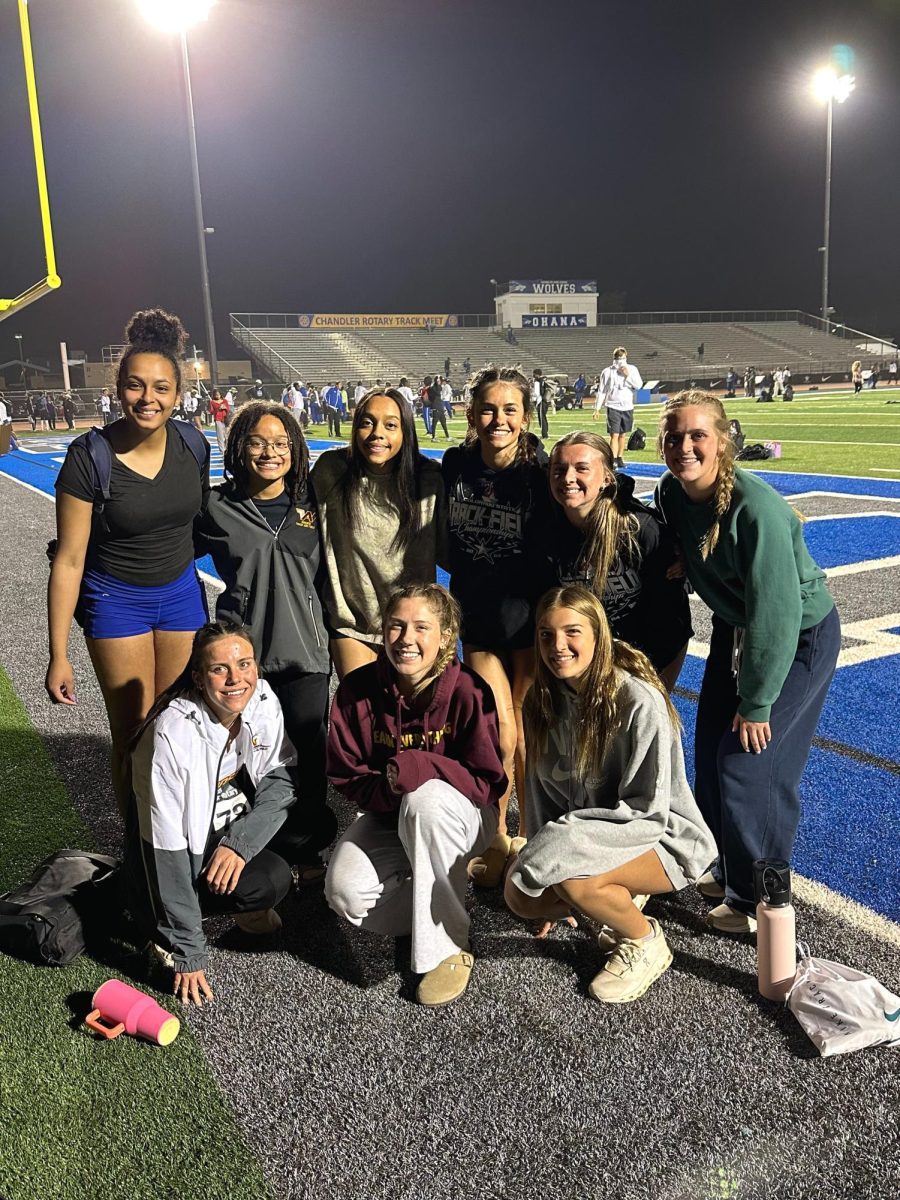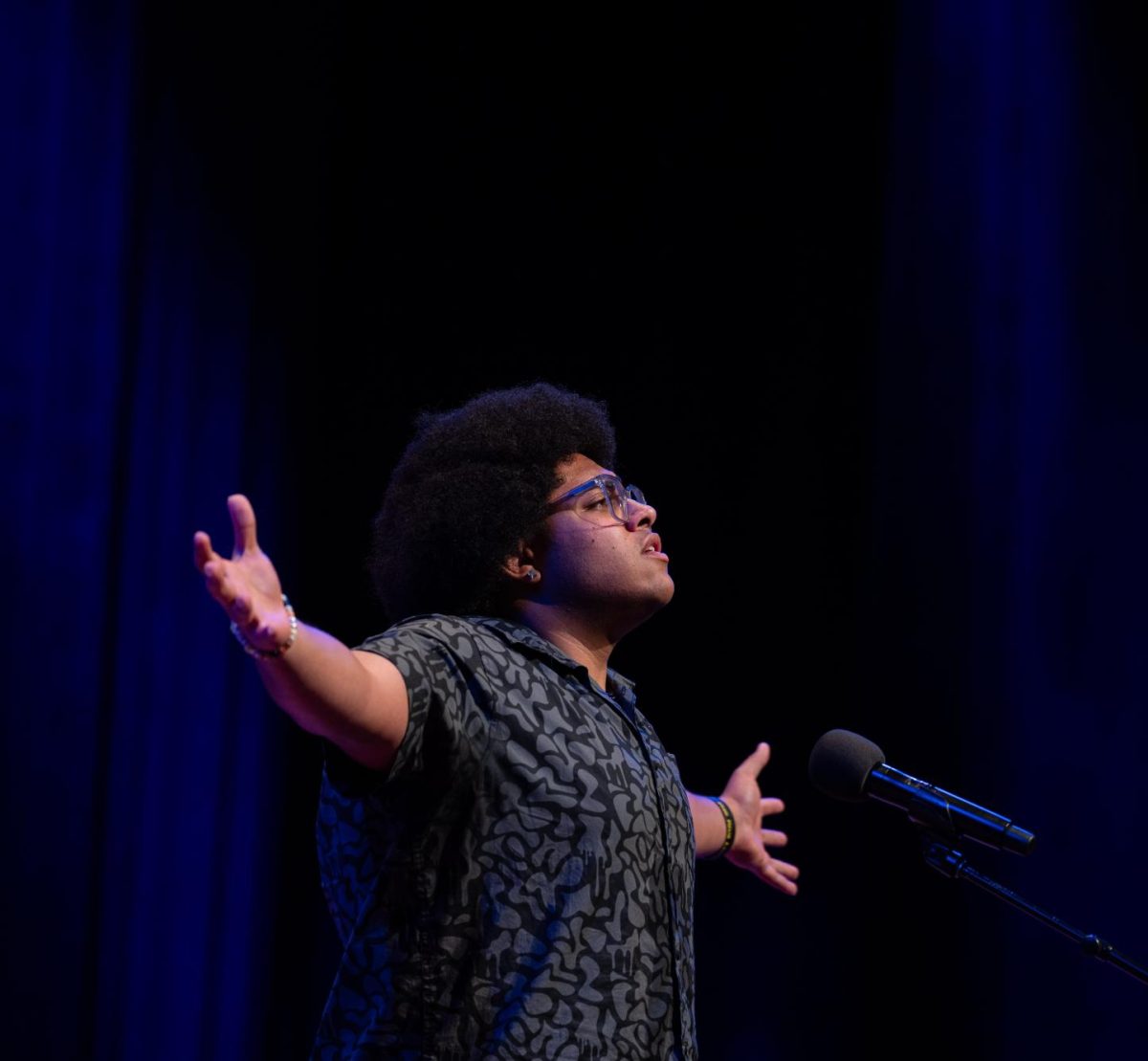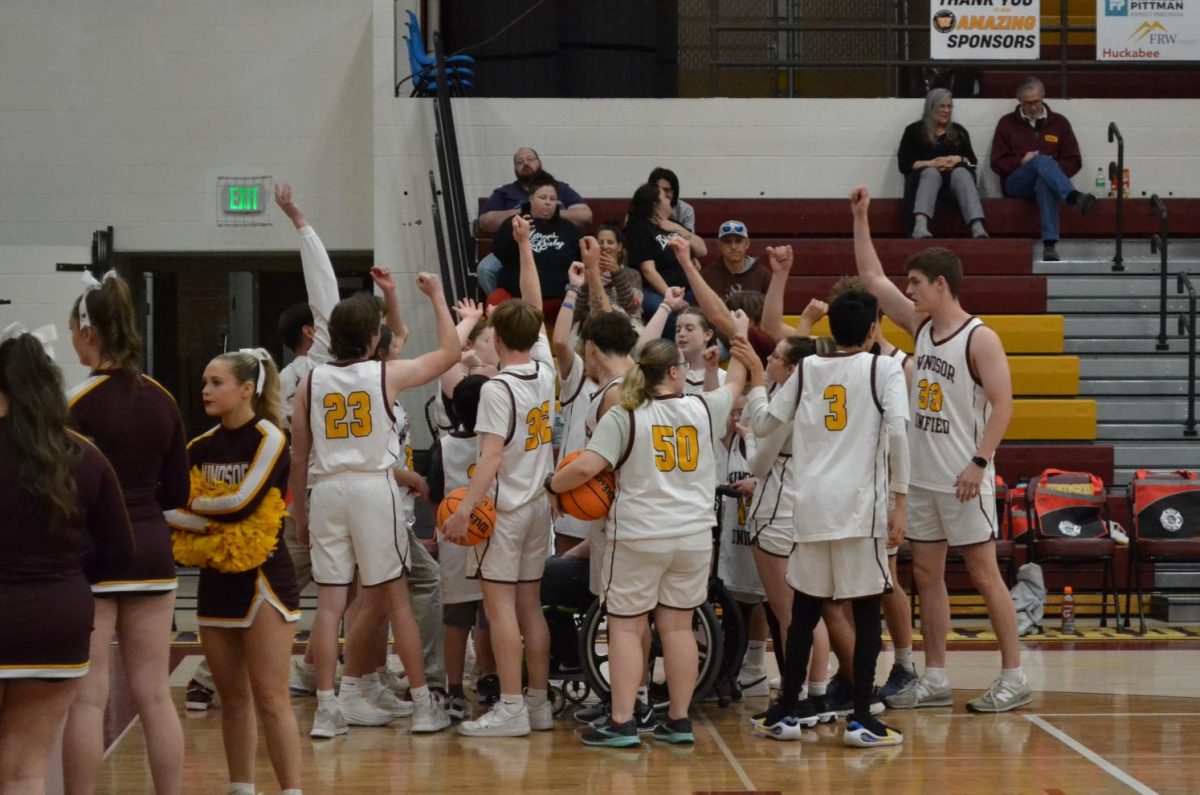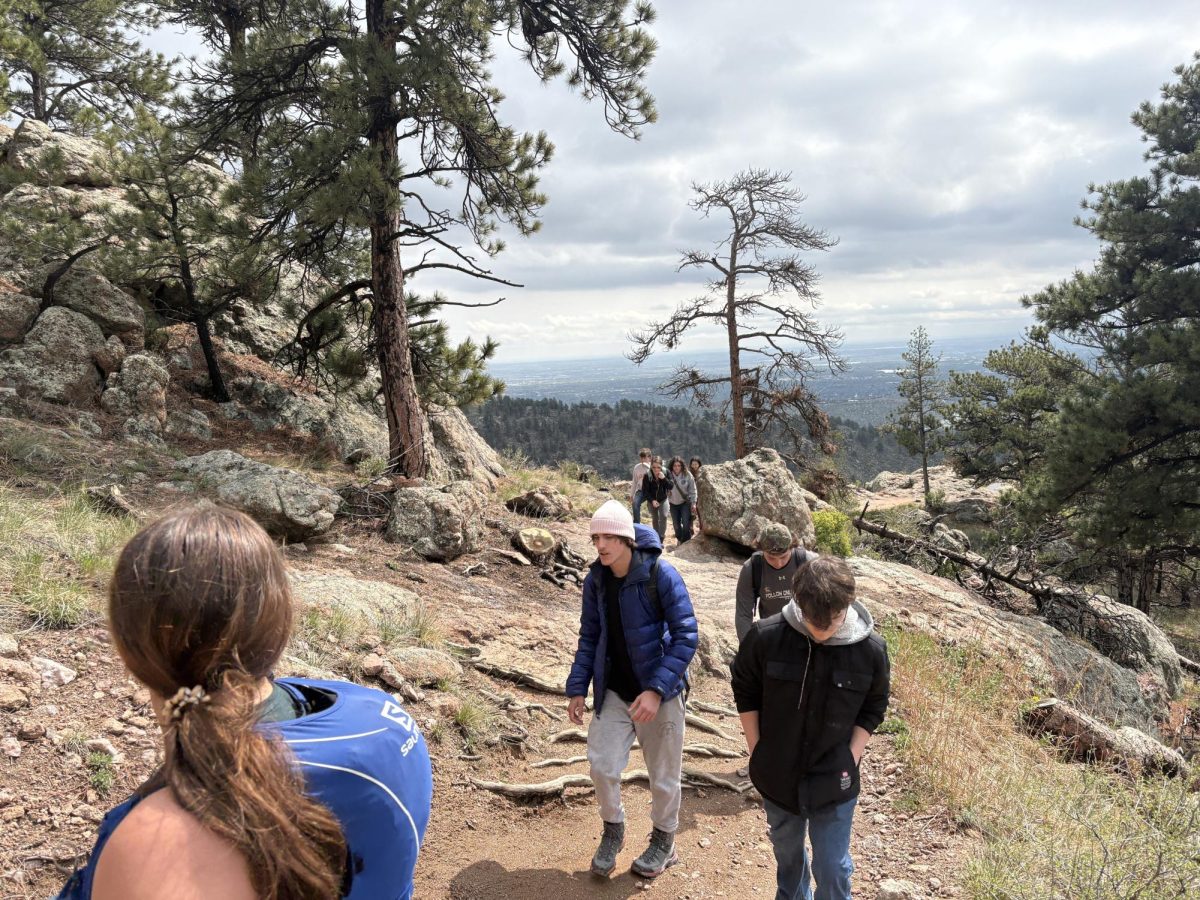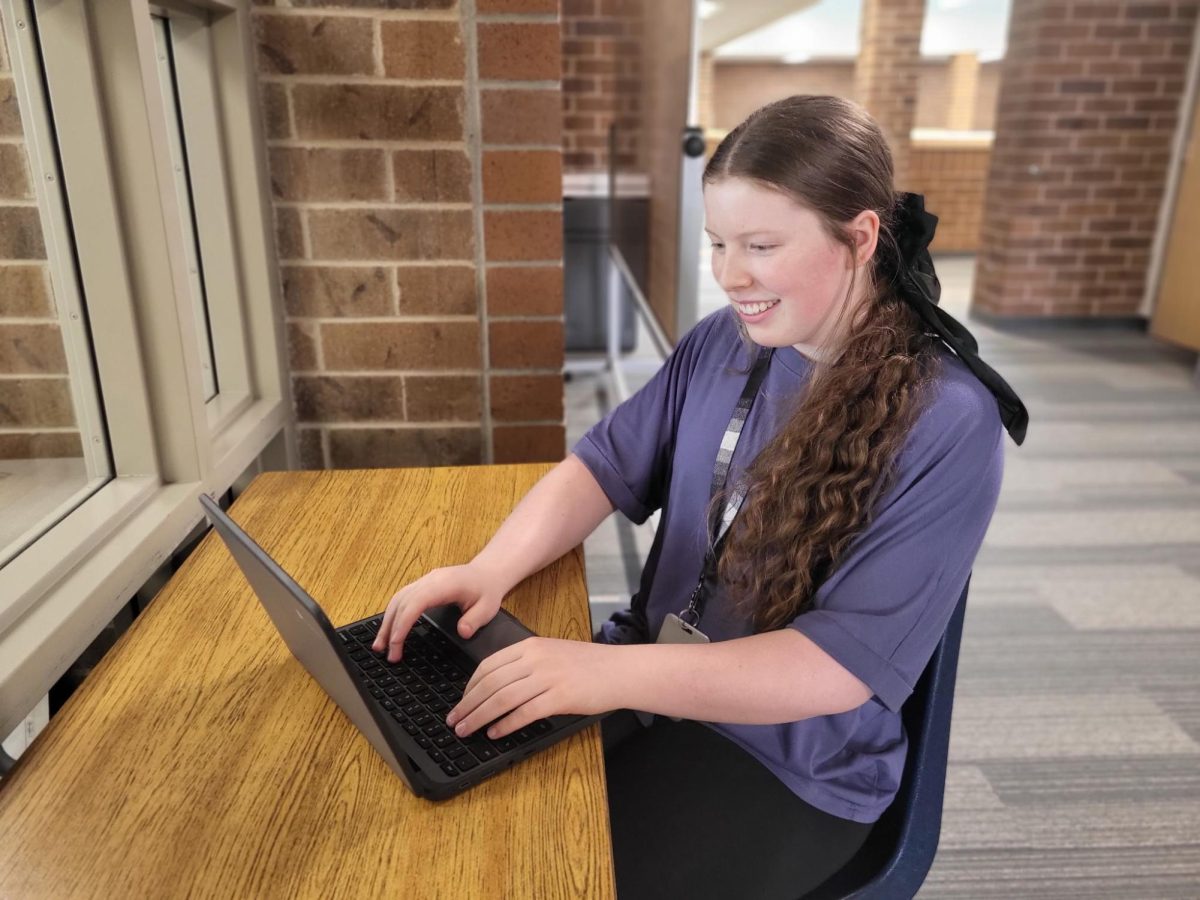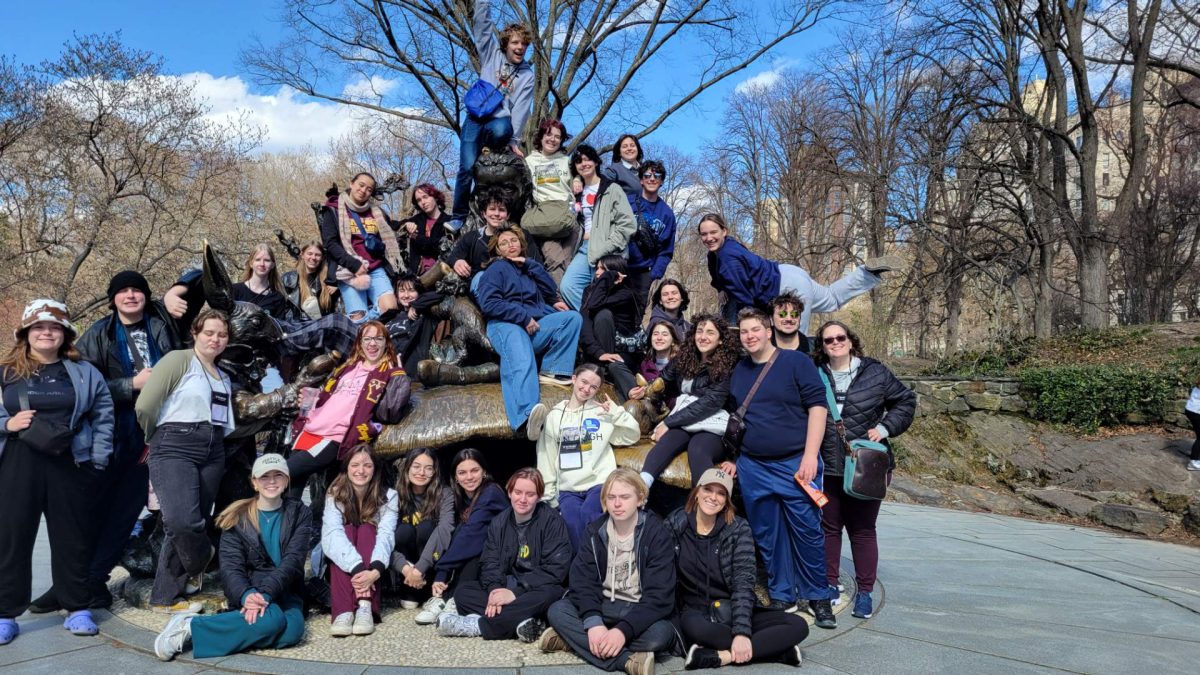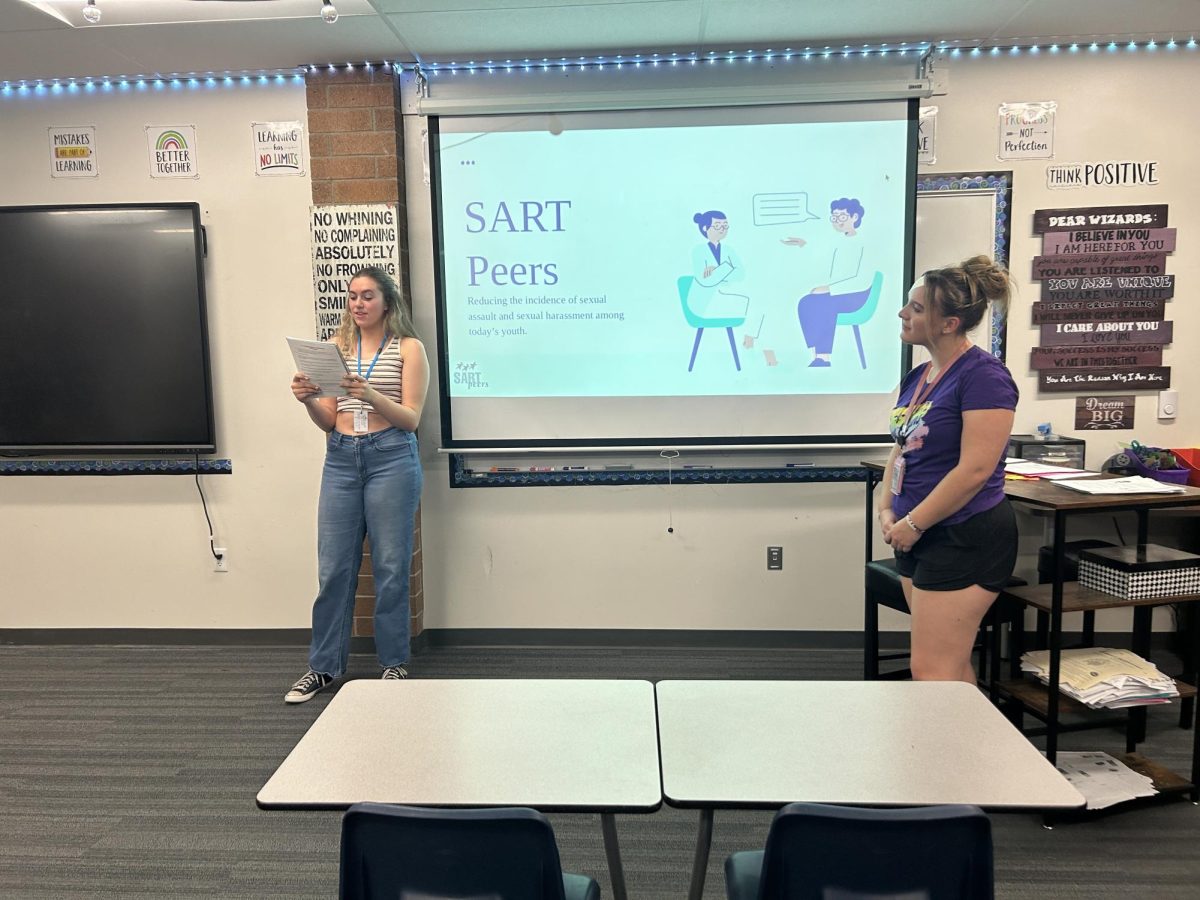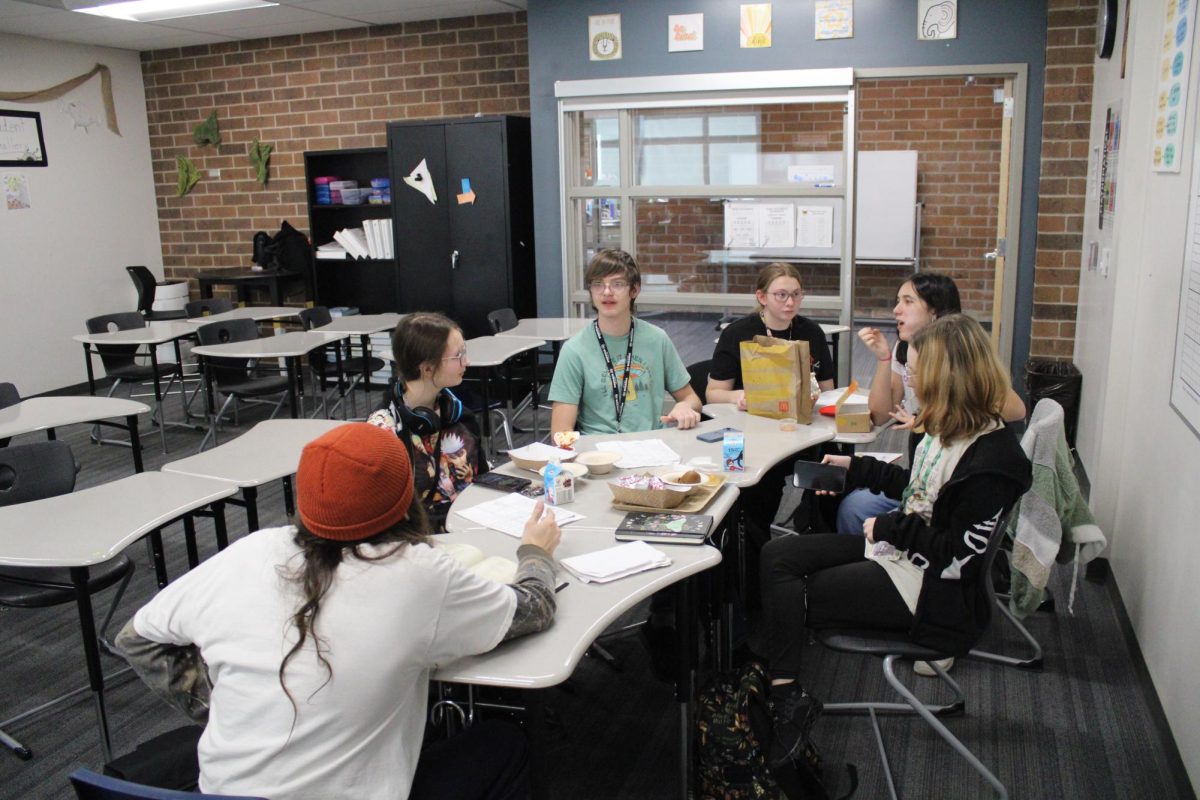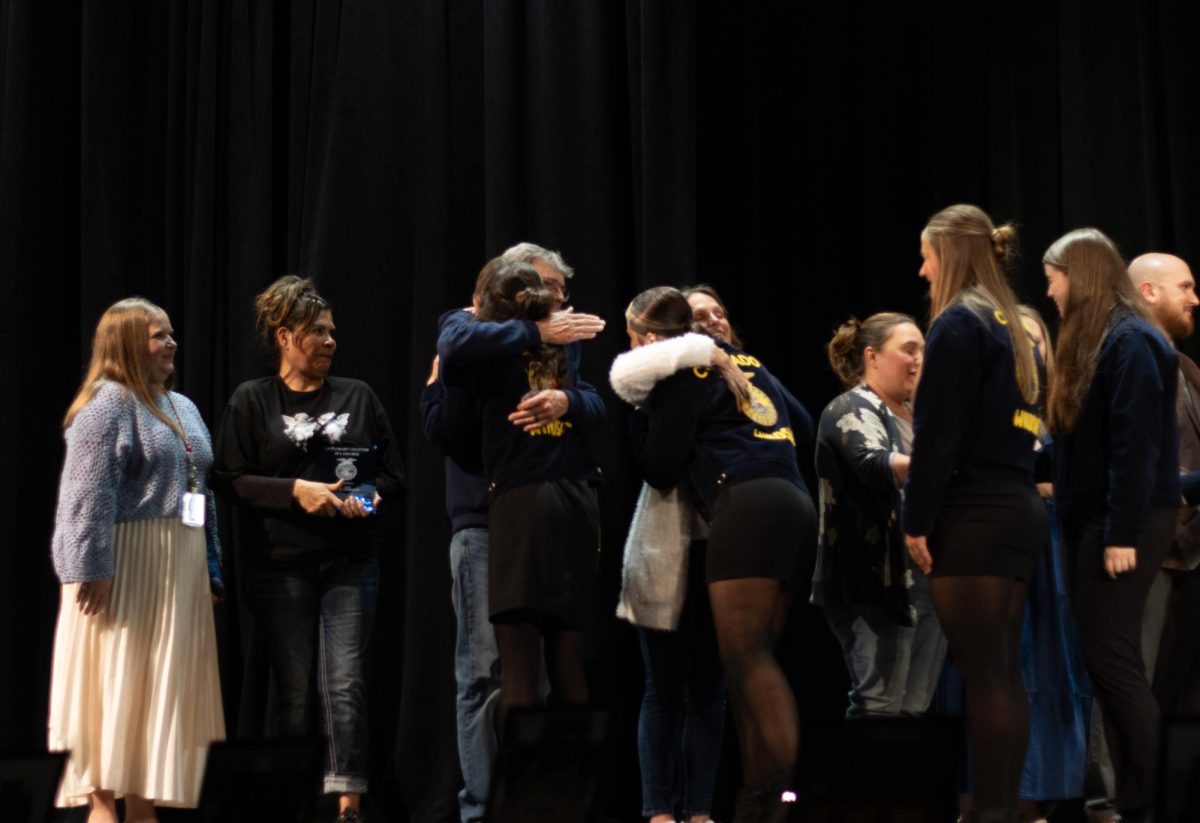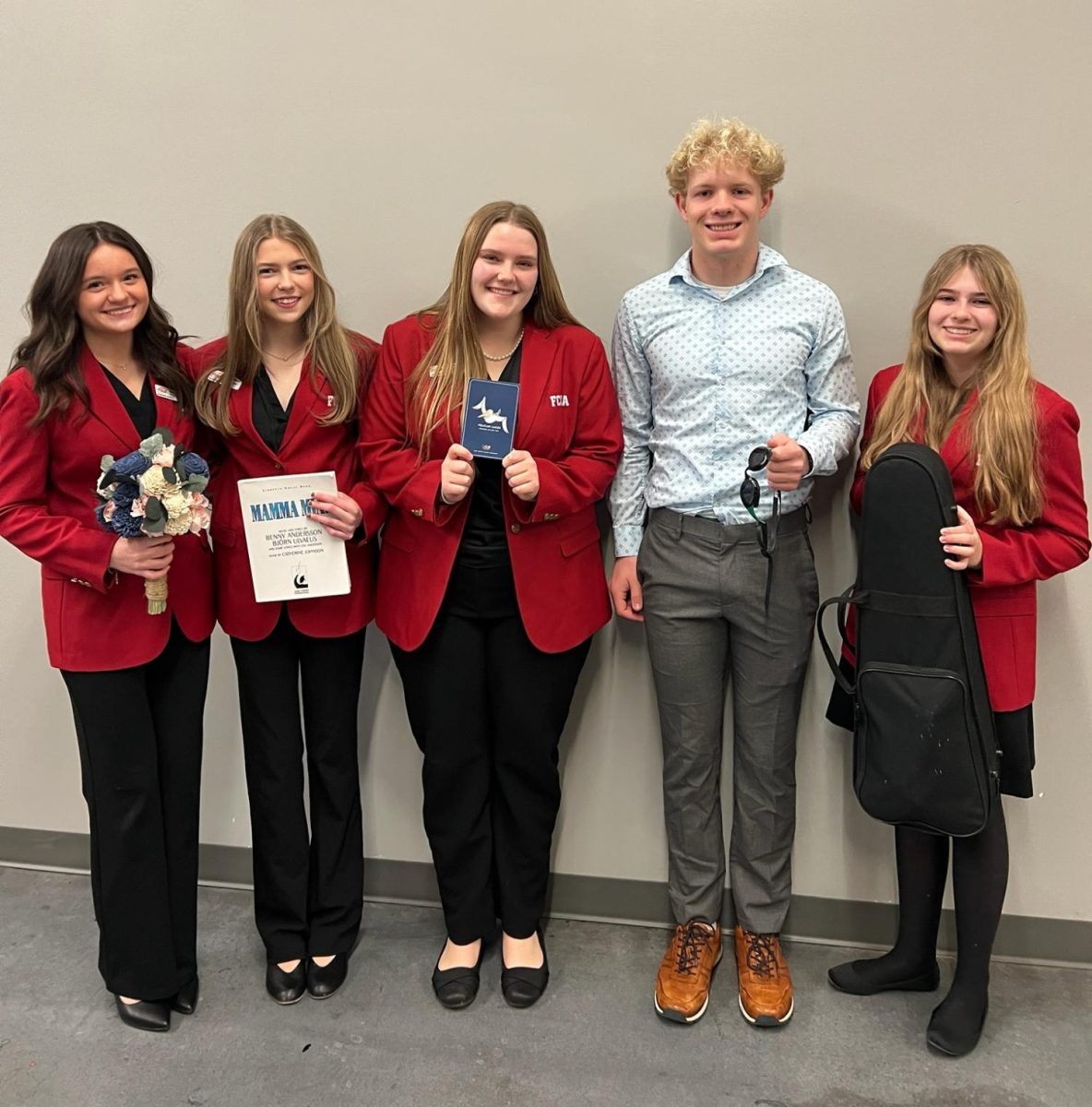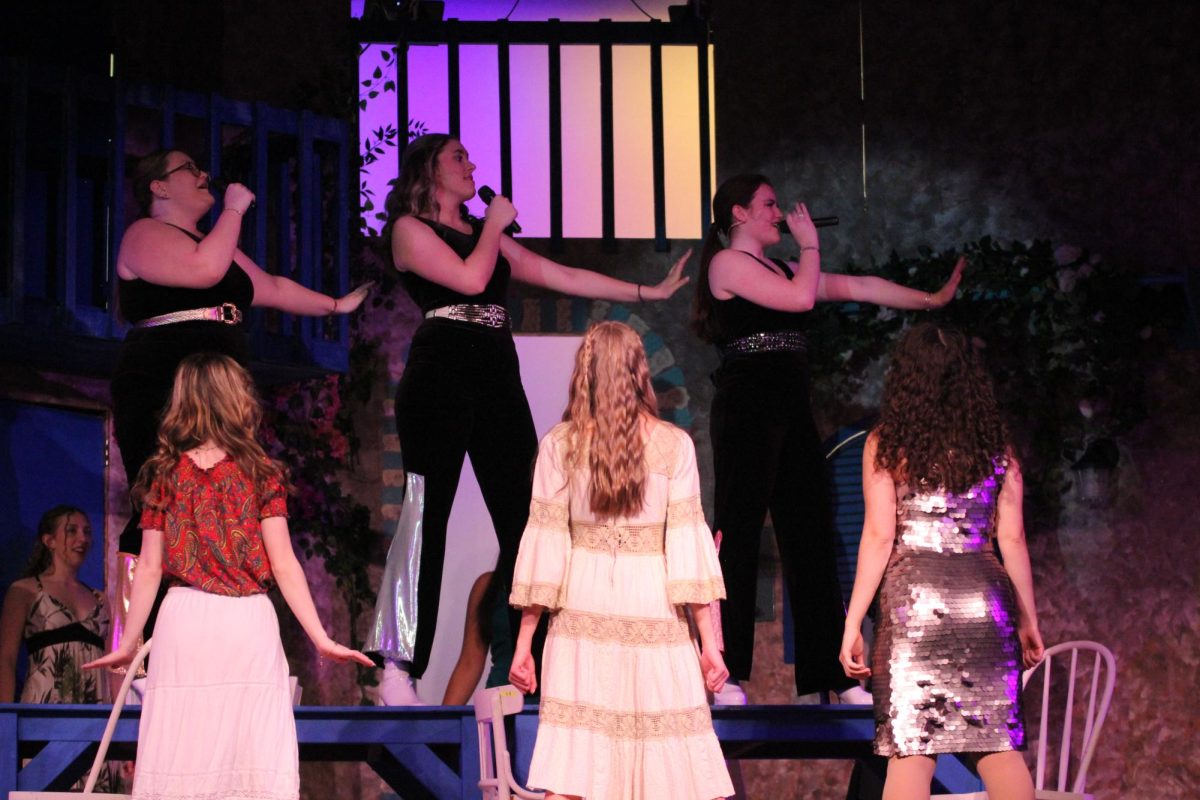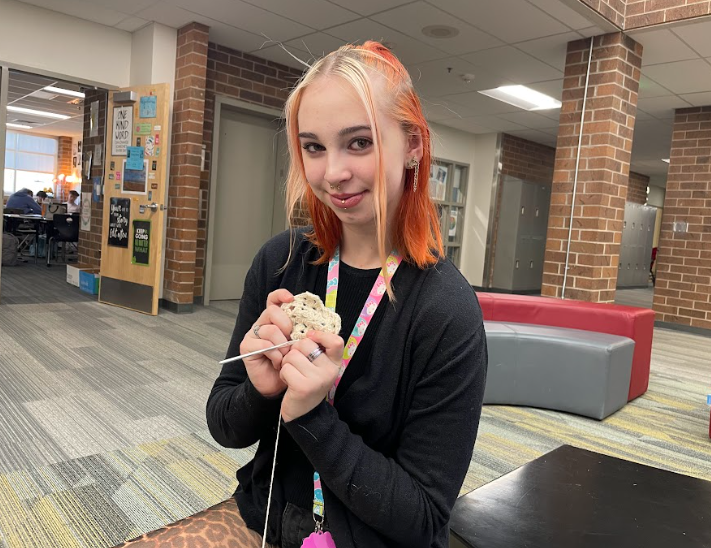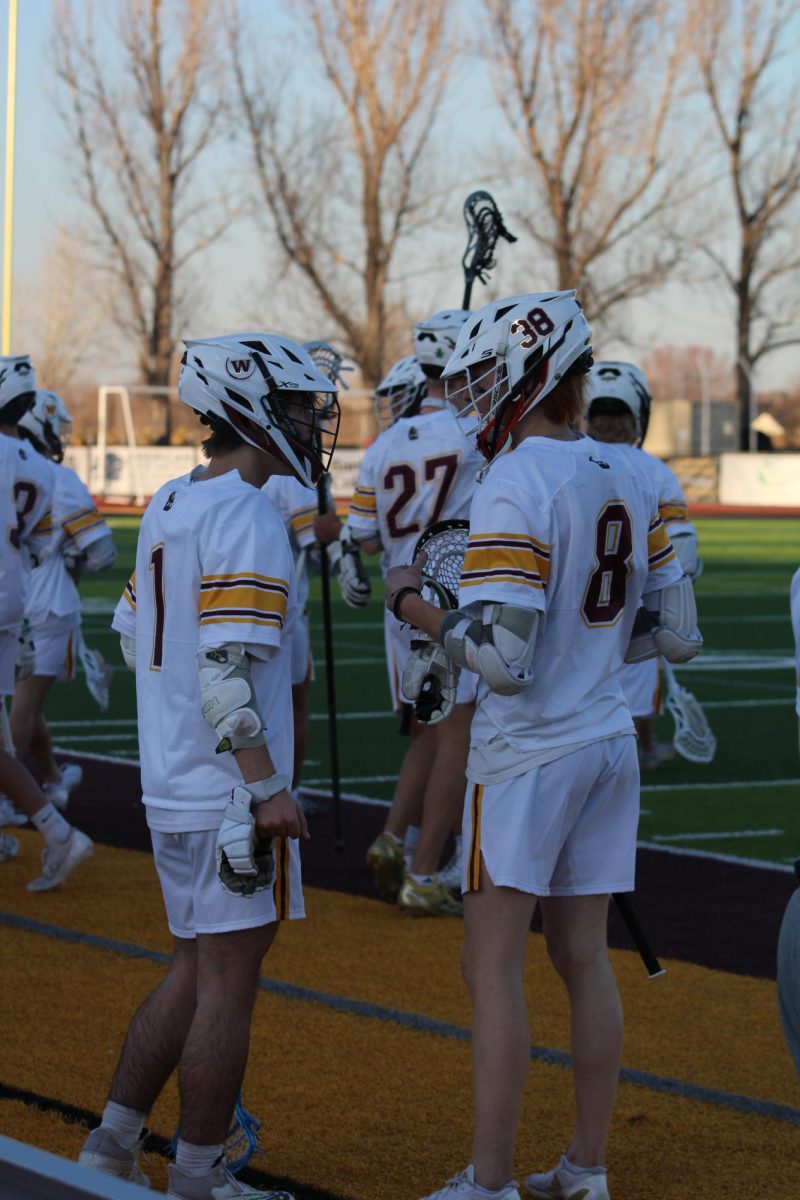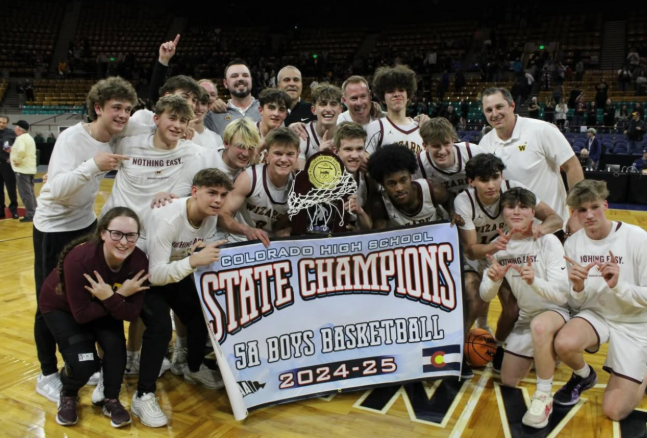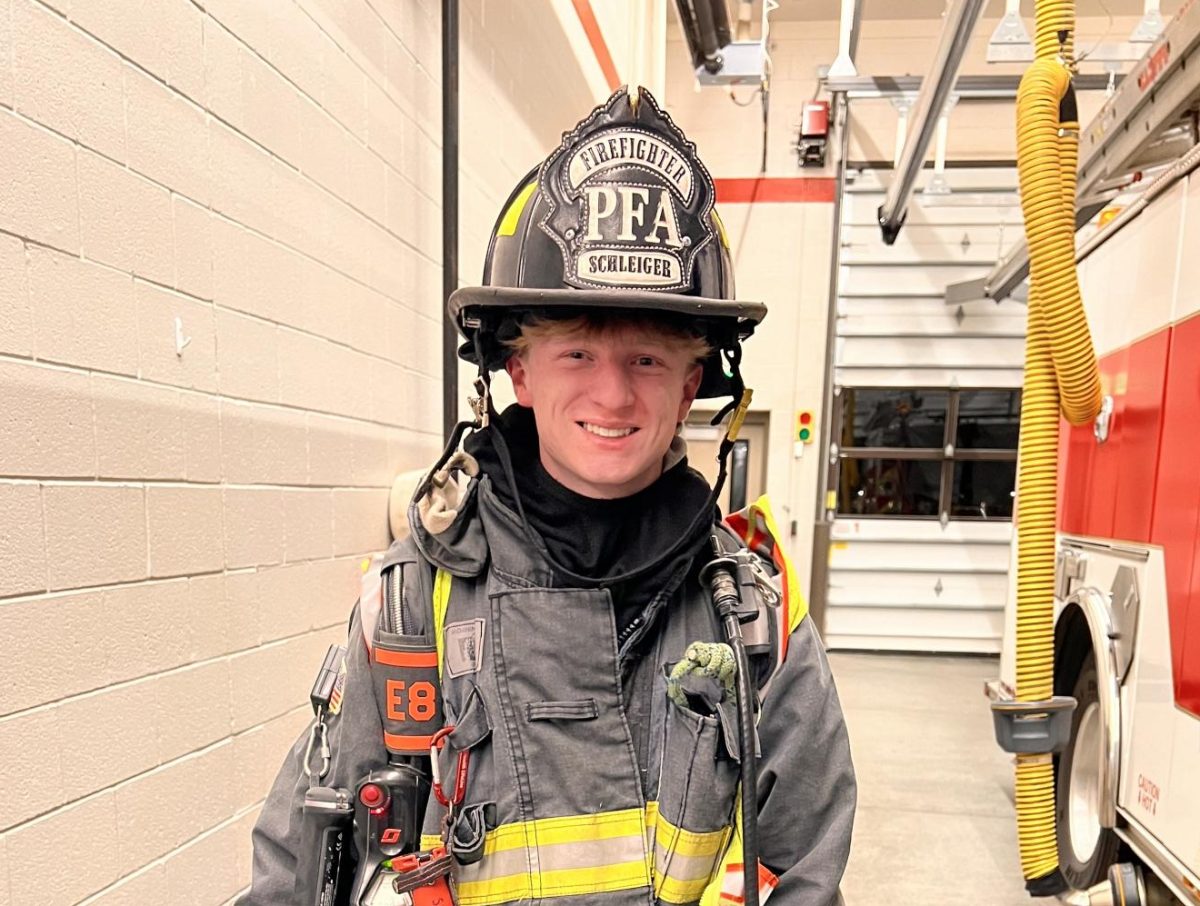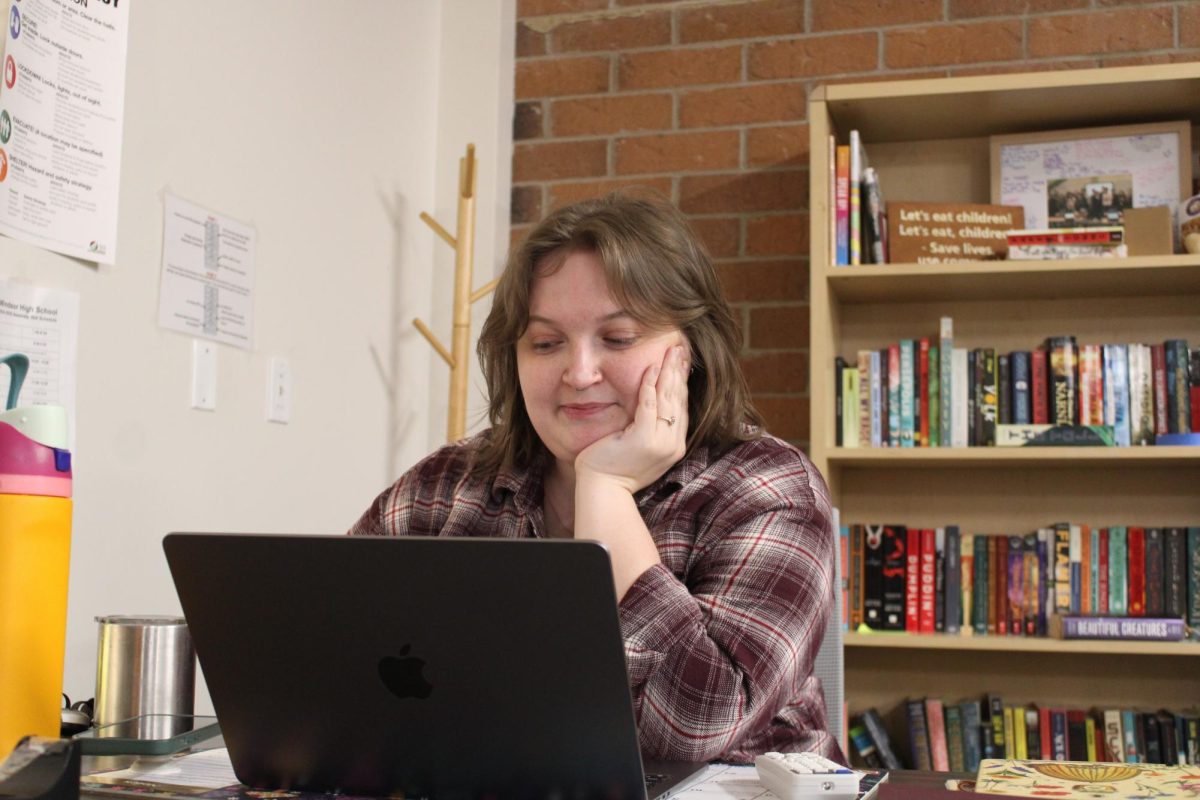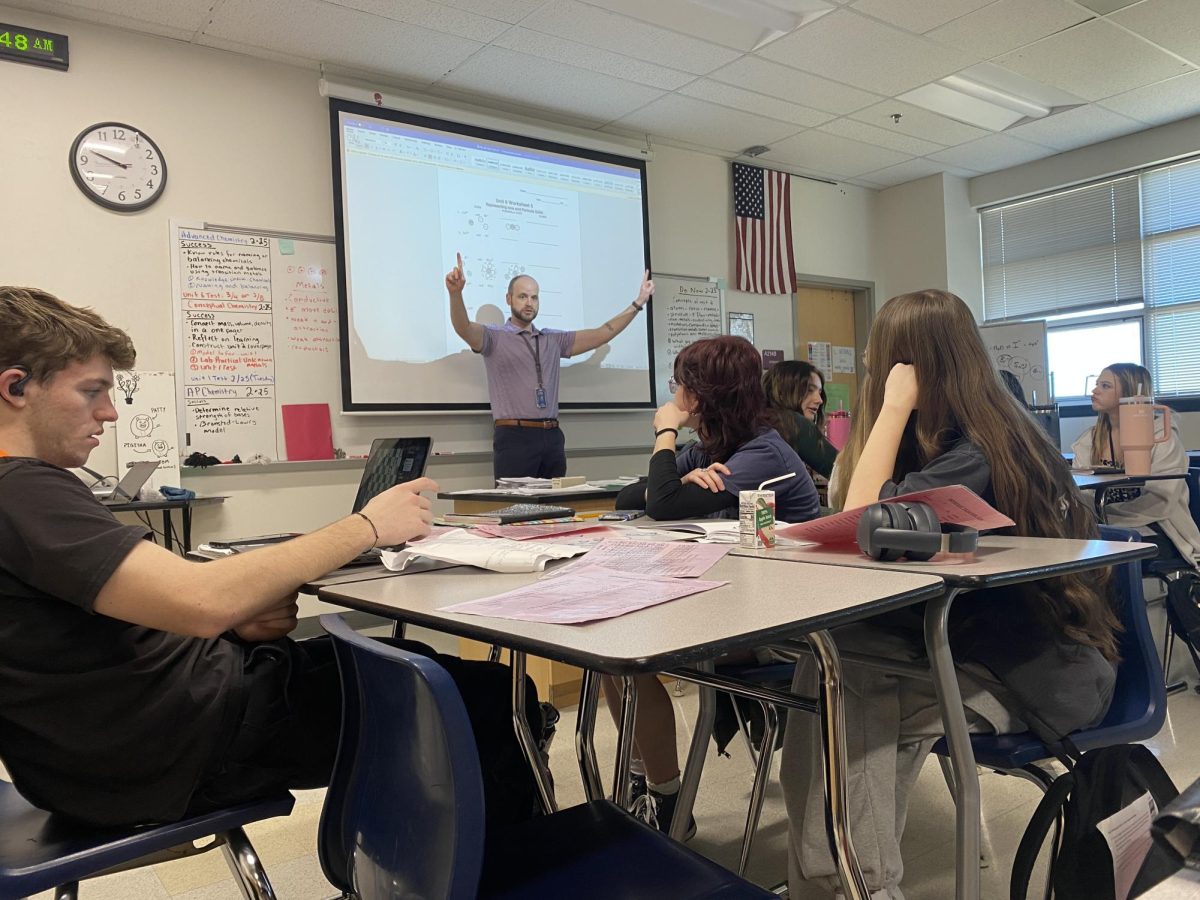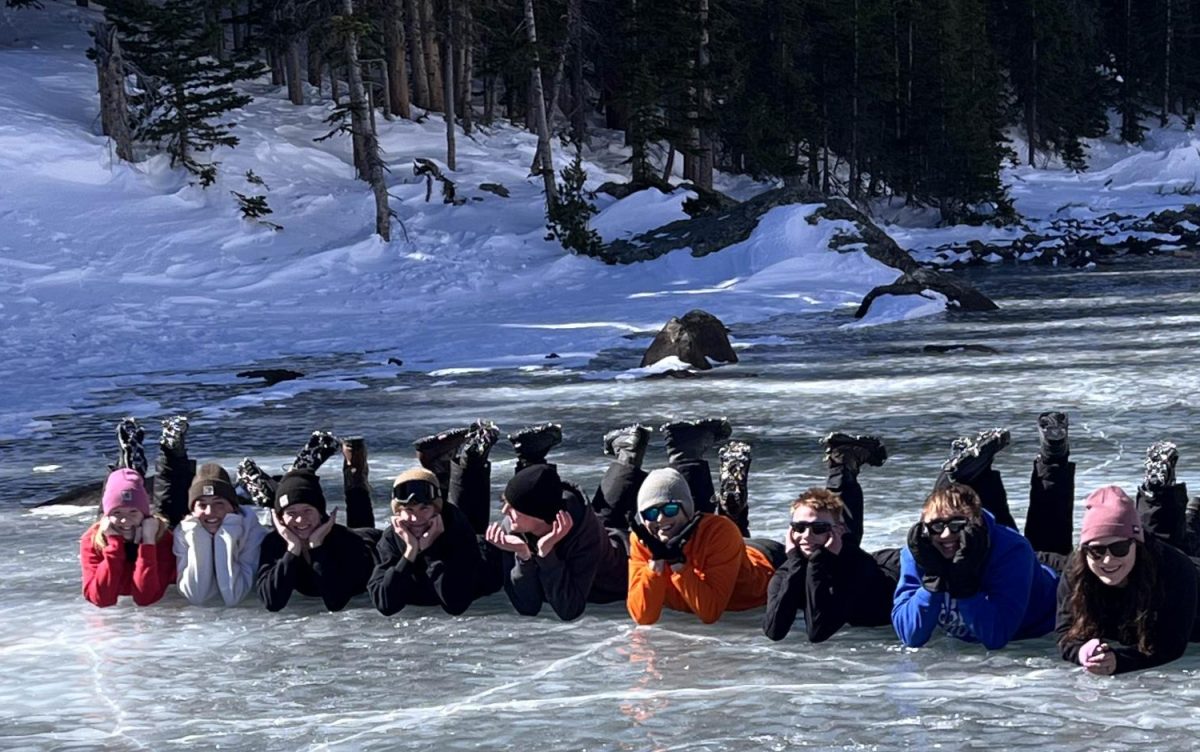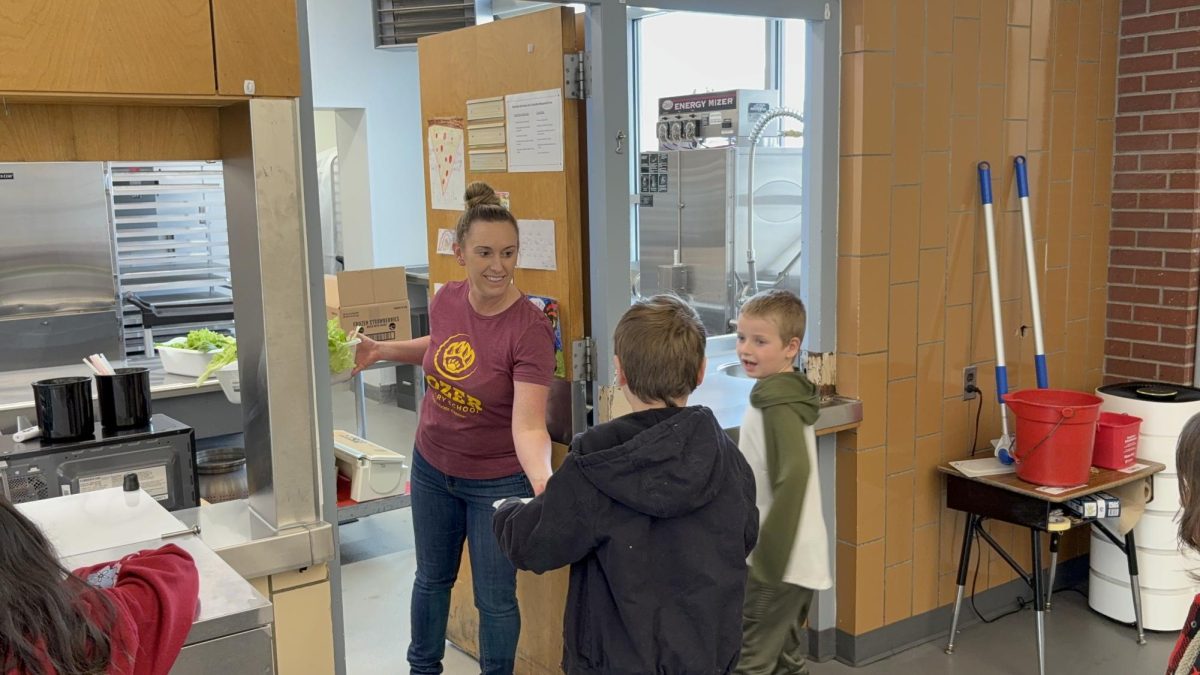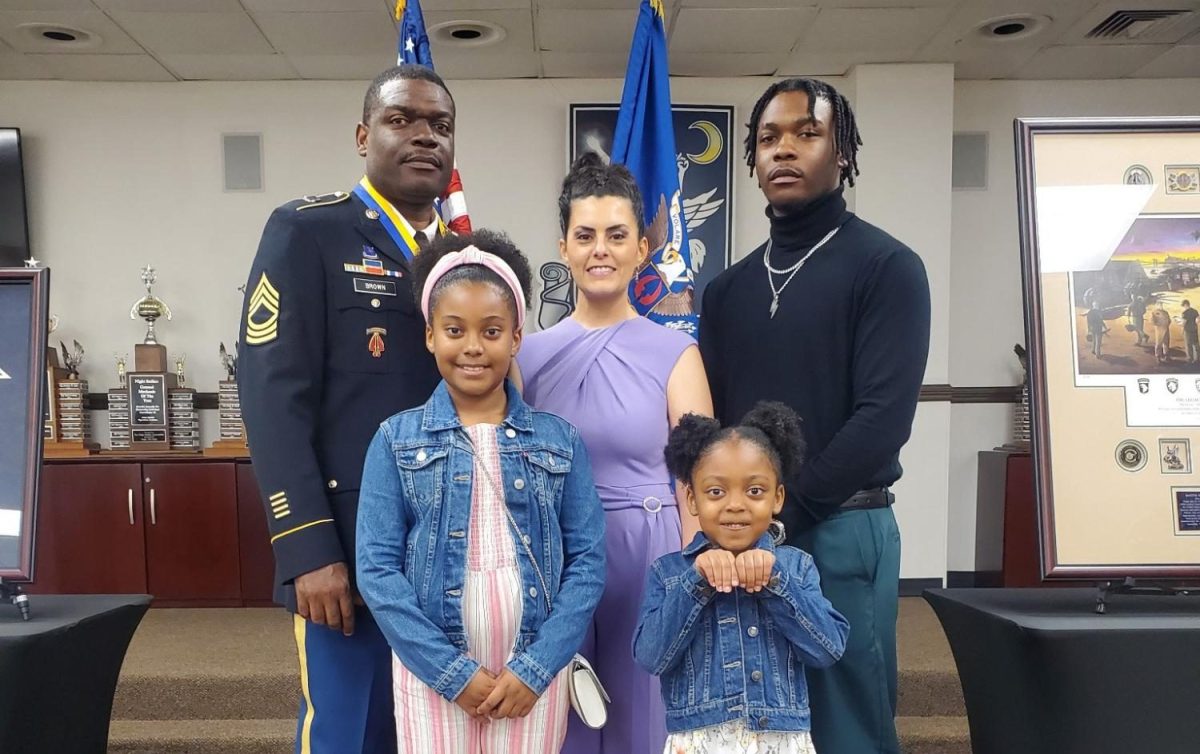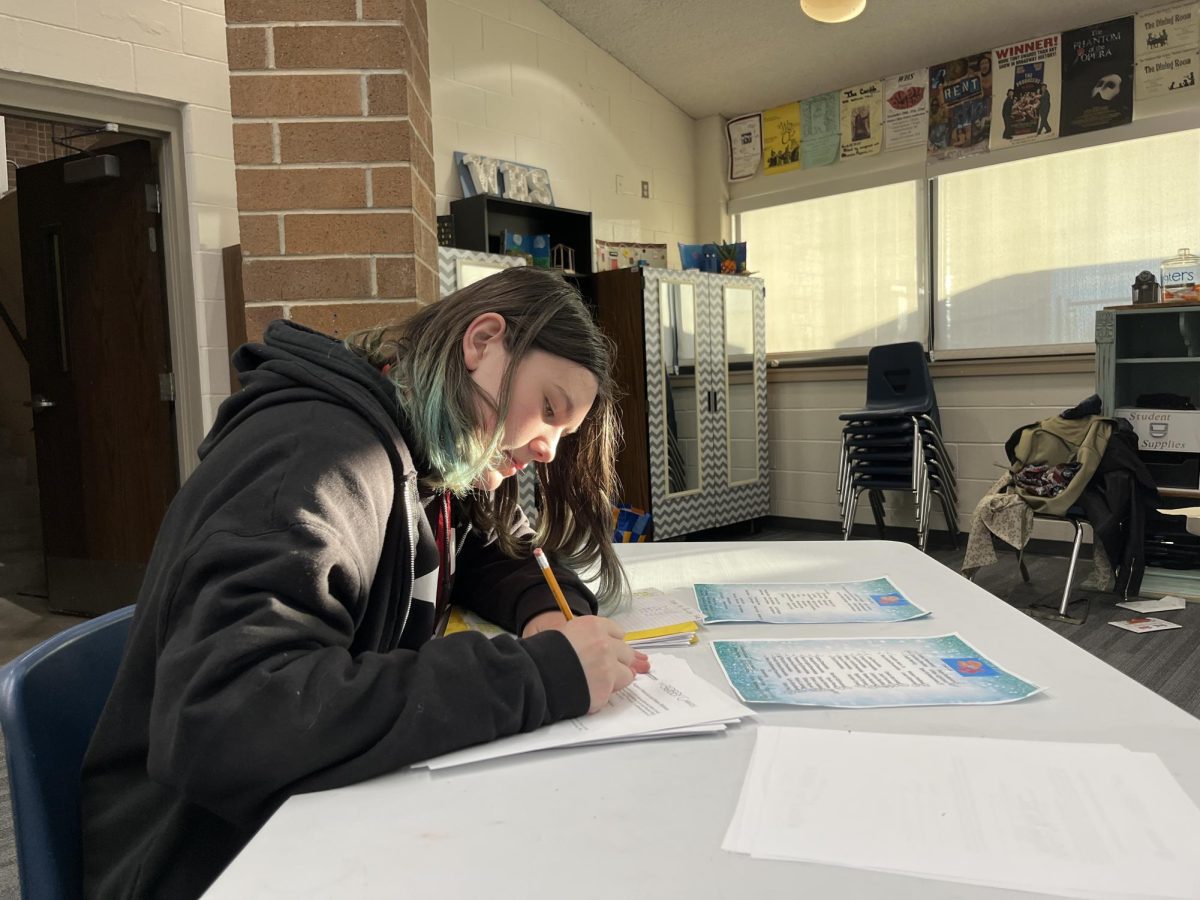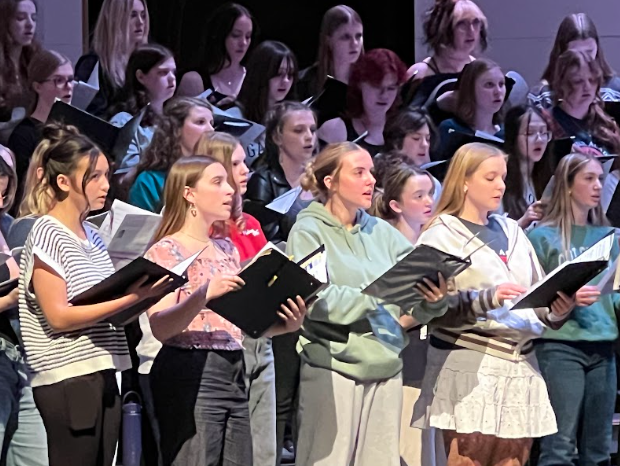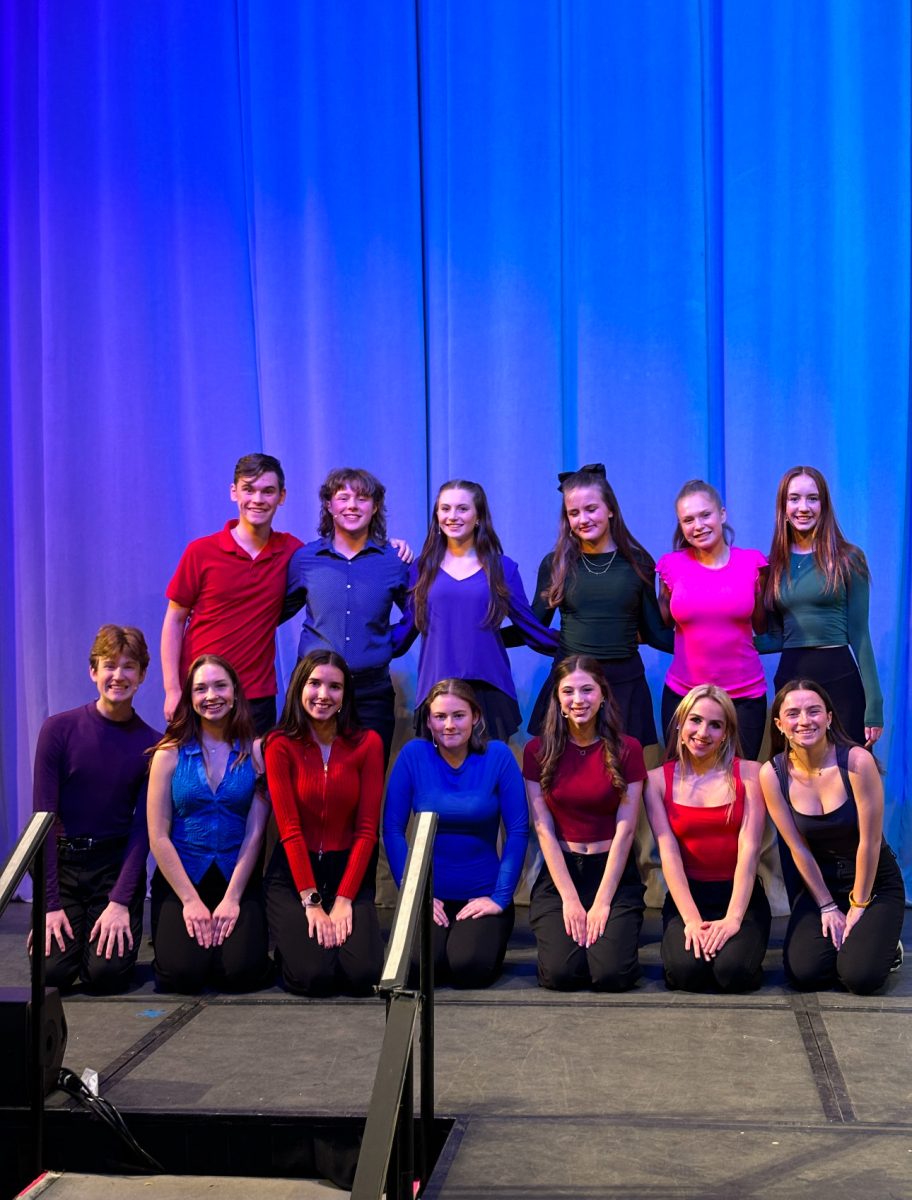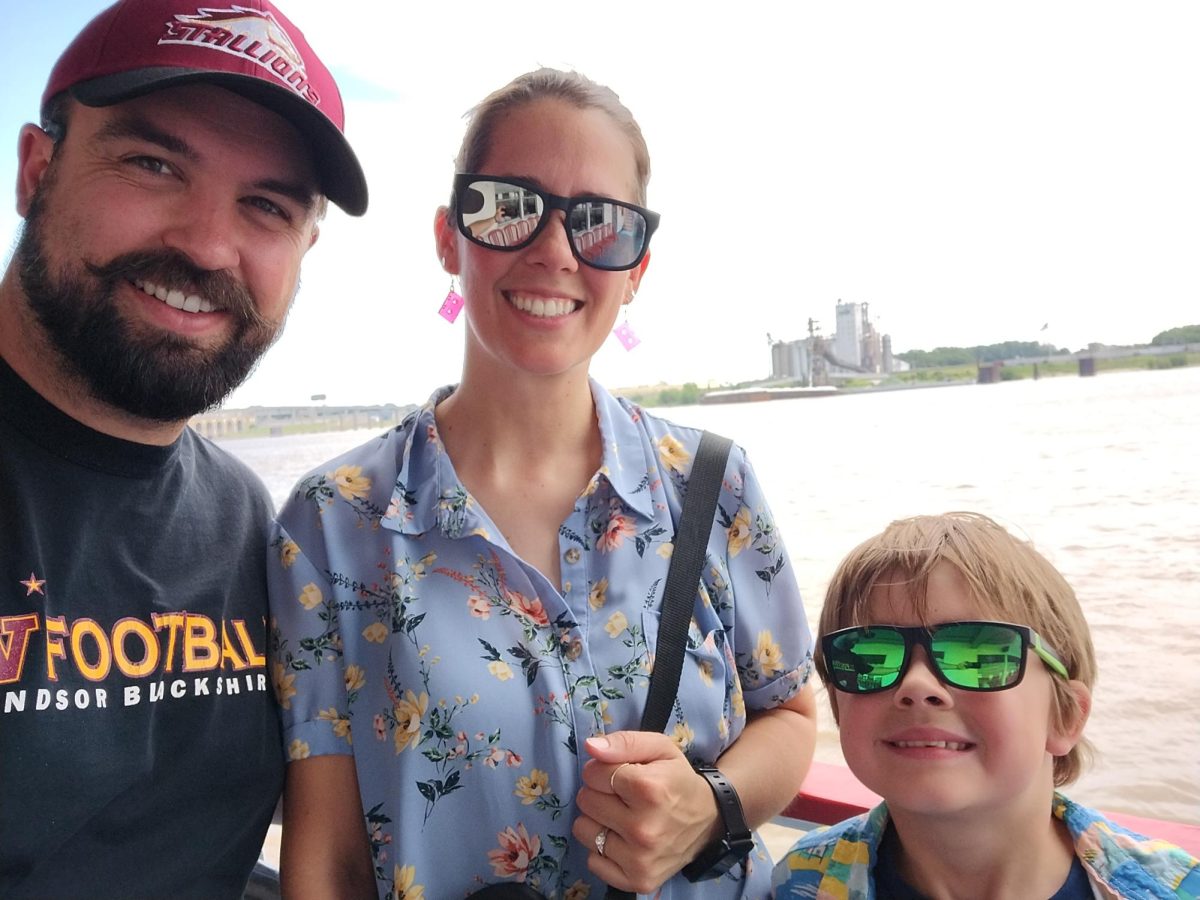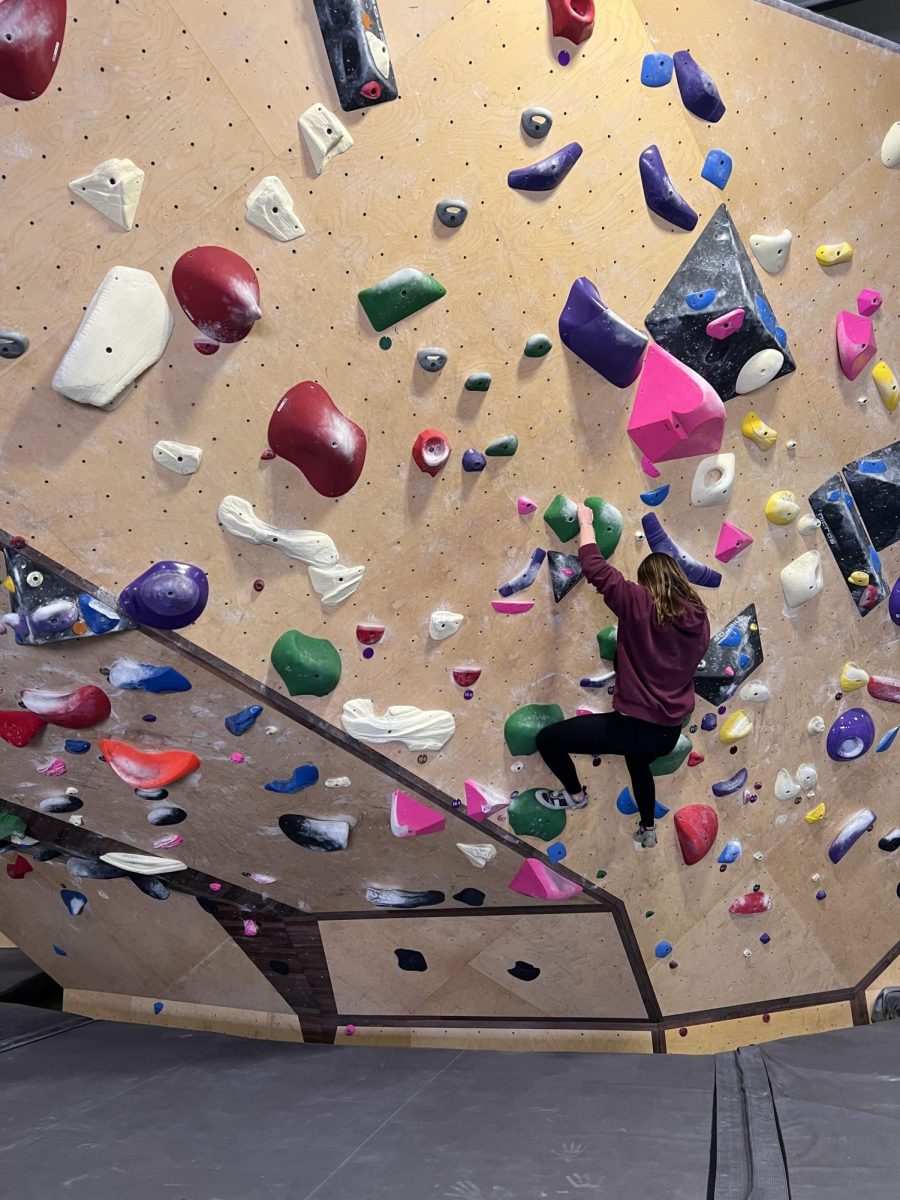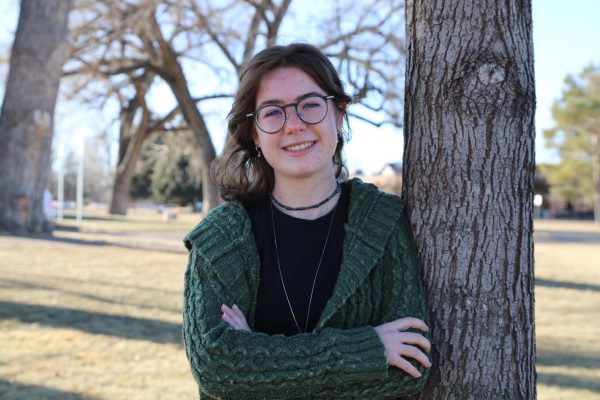Every spring semester for the last 21 years, Julie Estrada’s (staff) theatre I class splits into small groups and plans, blocks and performs a one-act play. One-act plays are shorter plays that only consist of one act, while most plays have three acts.
Each one-act play requires a student director, who Estrada hand picks. To do this, every student interested in becoming a director writes a letter of interest to Estrada, who then interviews each student about the position. After careful consideration, Estrada selects the student directors, who then choose a play to direct.
This year’s batch of directors include Jack Farmer (10), Kiaya Ludwig (11), Allison Ayotte (09), Lainey Suder (09), Isaiah Maulsby (11), Kevin Hart (09) and Aris Billapando (09). Suder and Maulsby are directing partners as well as Hart and Billapando, while the other three are working alone.
Billapando, as one of these directors, has had to see many auditions — actors in the theatre I classes have to audition for each director’s play — and grade their peers in preparation for the project. “We used a normal performance rubric (to score actors). But we also paid attention to which characters would they fit? If they had good volume, good emotion. If they used their space, if they looked at the audience, they didn’t stay in one place,” Billapando said, listing the items they had to search for in each actor.
Bea Payne (09) was one of these actors that auditioned for a role in a student-directed play with a monologue she picked. An experienced actor, Payne has been in several musicals, plays and theatre revues over the years, but she has never been part of a student-directed play. “I think the thing I’m most nervous about is just how the show’s going to turn out in general with a student director. Just, you know, Allison’s great, she’s gonna do great, it’s just nerve-wracking,” Payne said.
Billapando shares Payne’s concerns as a director themself. “Sometimes there aren’t as many stage directions in the script so you have to be creative and come up with those things. And also making sure everyone listens to you. You have to be assertive and make sure everyone gets their stuff done,” Billapando said.
While nervous about the actual putting together of the show, Billapando is also eager to see how it turns out. “I’m most excited to see, like, see some people grow and get more comfortable with their peers and also to see the final product.”
Most class plays are directed solo, but in Billapando’s case, it’s a partnership. Together with their partner, Hart, they formulated a plan to split the work. “He would direct certain parts, I would direct. And then we would both. We’re both planning on talking to each other when it comes to blocking. It’s very much a communication thing,” Billapando said.
Communication is not the only thing that Estrada is trying to teach her students in theatre I. “I think it’s a lot of preparation from the director’s side. From the actor’s side, I think it’s learning to take direction, because sometimes folks think a director doesn’t do a whole lot, but they really do. They have to give direction and they have to take direction,” Estrada said.
Estrada’s students didn’t always have the take-aways she intended, however, specifically when it came to directors. “At first I felt like the people who wanted to be directors, they were like, ‘I just don’t want to memorize lines,'” Estrada said. “I think now it’s very much like they (the students) see the bigger picture, and maybe I explain it better, I don’t know, but I feel like the process of doing it has emerged and it’s A) an honor and B) I walk them through the entire process. And Aris right now is not only directing, co-directing a play with Kevin, but they’re also the after school assistant director.”
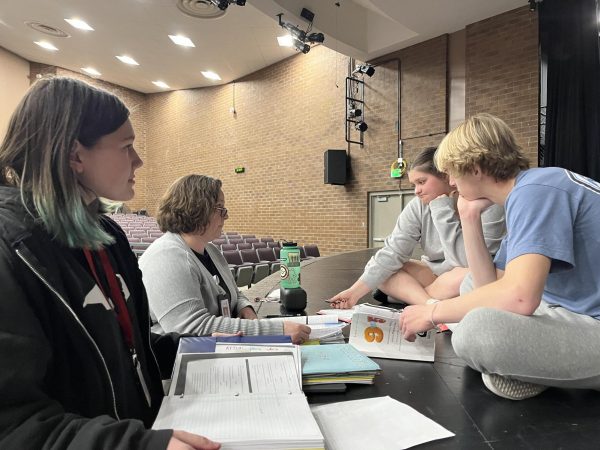
Both Billapando and Payne are not only participating in the student-directed plays of theatre I, but they also take part in the school musical, “9 to 5.” Billapando is the assistant to the assistant director while Payne is an ensemble member. As an assistant-assistant director and a student director, Billapando has the opportunity to not only see what the creation of a show is like behind the scenes but also how to create and plan their own show.
“I think the directors, I noticed … two days ago, working on casting the shows, they were like, ‘Can we tell them now?’ and I’m like, ‘No, they need to finish the thing they’re doing’ … Then I was like, ‘We have to do a calendar,’ and they were like, ‘Why do we have to do a calendar?’ And I’m like, ‘Well, you need to know what you’re doing every day,'” Estrada said. “It’s not just like, ‘Okay, what are we doing today?’ It would take you forever to decide. You need to have a plan every day and, like, for me after school today, I know exactly what pages we’re doing, and I know exactly what I need to choreograph and so then I know what I need to do in my fourth hour plan to prepare for that.”
Planning like this is a skill that Estrada has learned through years of directing and is something she wants students to take away from this project. But that’s not the only thing that she intends to pass on: “My whole purpose (for starting this project) was leadership. Because I think, in theatre, if you are not self-motivated, you don’t succeed. Like if a person wants to go in auditions, that’s great, but they have to go find those auditions and they have to prepare for the auditions. It’s the same kind of thing for directing. You can’t just be like, ‘Cool, I’m gonna be a director’ and then be a director. You have to plan, you have to put the process together,” Estrada said.


